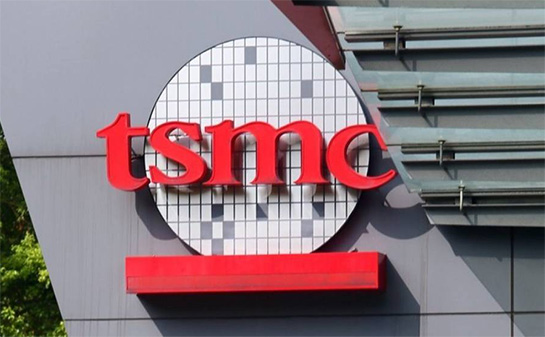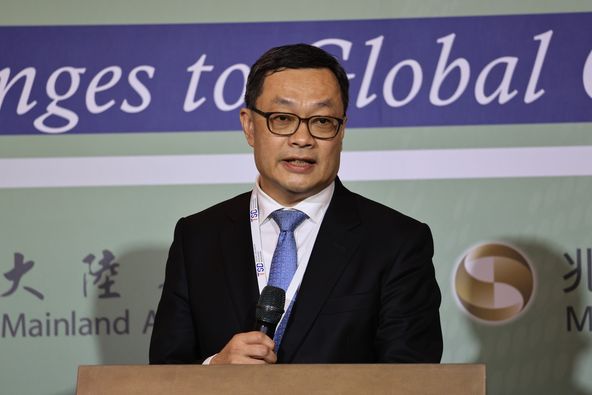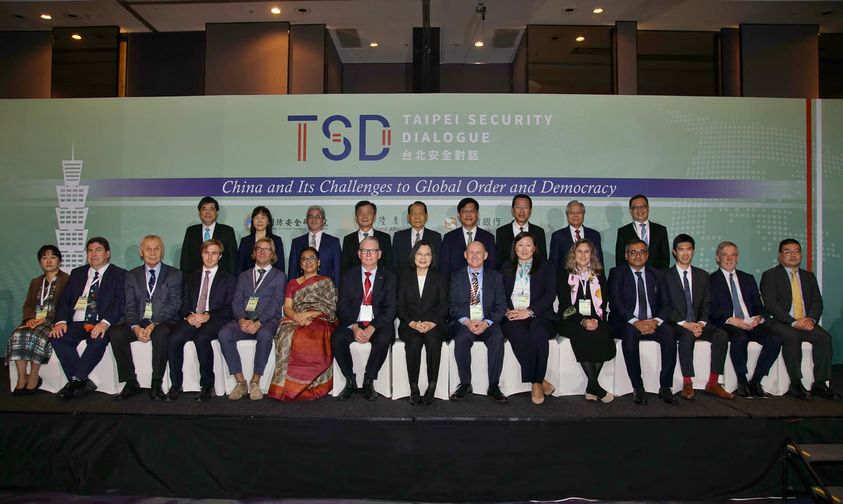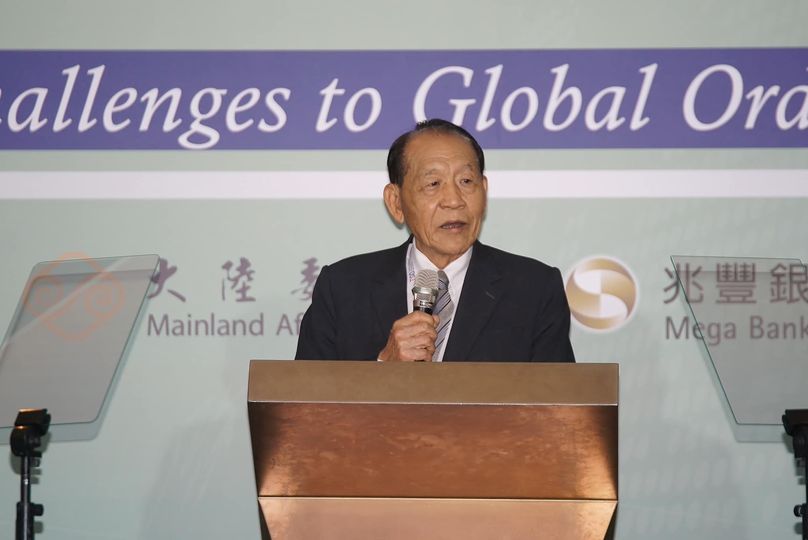Taiwan beat covid-19 and won friends. At the WHO, it’s still fighting for a seat at the table.
Original text from: The Washington PostBy Nick Aspinwall and Emily Rauhala
May 15, 2020 at 9:45 p.m. GMT+8

TAIPEI — With just 440 covid-19 cases and seven deaths, Taiwan looks to have conquered the coronavirus. Its 24 million residents have not faced a lockdown; schools, shops and offices have remained open, and the capital's sidewalks, subways and shopping areas are bustling.
Taiwan has won praise for its effective response and donations of medical equipment, including millions of face masks — the fruits of a campaign to combine health diplomacy and relief with an effort to bolster Taiwan's international image.
"Because of the success in dealing with coronavirus, I think we face a new situation in our diplomacy, and we have a lot of new friends, new partners and new possibilities," Joseph Wu, Taiwan's foreign minister, said in an interview.
One symbol of recognition remains elusive: an invitation for Taiwan to take part in next week's World Health Assembly. Despite a growing pro-Taiwan coalition backing their inclusion, health officials in this self-ruled democracy remain sidelined from the World Health Organization's decision-making body at the urging of China's government, which claims sovereignty over Taiwan and has sought to sever its international contacts.
With Washington and Beijing vying for influence within global organizations, the United States, joined by European allies and other democracies, has led calls for WHO Director General Tedros Adhanom Ghebreyesus to invite Taiwan. That has happened alongside some of the closest official U.S. contacts with Taiwan since Washington switched diplomatic recognition to Beijing in 1979.
[Taiwan’s de facto ambassador to the U.S. is optimistic in the age of coronavirus]
"We'll be working very closely with the State Department and with the U.S. Health Department on our effort knocking at the door of the World Health Organization," said Wu, extolling "unprecedented" U.S. support.
The WHO has said any decision on Taiwan's participation must come through a resolution passed by the assembly. Taiwan and the United States have insisted that Tedros has the power to unilaterally invite Taiwan, but he has declined to affirm this.
Twitter diplomacy
.png)
When Taiwan learned of a mysterious pneumonia in the Chinese city of Wuhan, officials moved quickly, worried about a reprise of China's initial coverup of the 2003 SARS epidemic.
Taiwan began screening incoming passengers from Wuhan on Dec. 31, the day its Health Ministry emailed the WHO noting reports of atypical pneumonia, including "patients in isolation," in Wuhan. Taiwan says the email was a warning about the risk of human-to-human transmission — and that the WHO ignored it. The WHO has denied this, saying the email did not explicitly mention transmission.
While China and the WHO downplayed the risk of human-to-human transmission, Taiwan took no chances. It ramped up face-mask production and enacted widely lauded contact tracing and testing regimens after confirming its first covid-19 case on Jan. 21. Taiwan has not recorded a case of local transmission since April 12.
In March, as the pandemic swept the world, Taiwan began plotting its own relief efforts while embarking on a diplomatic gambit to highlight its longtime exclusion from the WHO and other international bodies.

Taiwanese leaders, including President Tsai Ing-wen and the Foreign Ministry, started promoting the hashtag #TaiwanCanHelp on Twitter. That message resulted from debates among officials who considered less-assertive alternatives, such as #TaiwanCares, that would have de-emphasized Taiwan's exclusion from the WHO.
"We cannot cure these disasters alone. We need to prepare for the pandemic together," said Wang Ting-yu, a lawmaker in the ruling Democratic Progressive Party.
Taipei has found a willing partner in the United States. Taiwan's Foreign Ministry and the American Institute in Taiwan, the U.S. representative office, agreed in March to directly cooperate in research and development of tests, medicines and vaccines and to exchange medical supplies. The pact precipitated a rush of U.S.-Taiwan cooperation that has led to cabinet-level talks, including an April telephone call between Taiwanese Health Minister Chen Shih-chung and U.S. Health and Human Services Secretary Alex Azar.
"It's a rare opportunity for Taiwan," said Bonnie Glaser, director of the China Power Project at the Center for Strategic and International Studies. "Countries rarely pay attention to Taiwan and why it's successful. Why shouldn't Taiwan showcase its expertise?"
In March, President Trump signed the Taiwan Allies International Protection and Enhancement Initiative Act, a bill expressing U.S. support for Taiwan and its relationships with other countries. This month, Secretary of State Mike Pompeo called on countries to back Taiwan's participation as an observer at the assembly and urged Tedros to extend the invitation. The WHO's lawyer said Monday that the organization has "no mandate" to invite Taiwan, as many member states have "divergent views" over its participation.
The American Institute in Taiwan said in an email that China's objections to Taiwan's participation "deny the world access to Taiwan's considerable expertise on global health matters, and serve to reinforce [China's] reputation as undermining transparency and accountability."
Taiwan has provided supplies and health assistance not only to friendly states, but to countries in Asia, Africa and
South America that have close ties with China. It has routed face-mask donations to China-friendly African countries through the Vatican, one of Taipei's few diplomatic allies, and held an online medical seminar with doctors from countries that have recently switched ties from Taipei to Beijing, including the Dominican Republic and El Salvador. A recent Twitter campaign for Taiwan's participation in the assembly gained a push from Twitter users in India, Thailand and Hong Kong.
"We feel we're being seen by the world," Wang said.
Superpower politics
But as Taiwan wins support, it risks a backlash from Beijing, especially as the outreach coincides with the Trump administration's push to blame China's government for the pandemic.
"We don't want to be accused of meddling between U.S.-China relations," Wang said. "The U.S. conflict with China, they have their own problems. In Taiwan, we have our own problem with China. Sometimes, separating it is quite difficult."
Officials concede that Taiwan is unlikely to be invited to observe the assembly. Wu said the WHO appears to be "tightly controlled" by China.
The WHO has denied accusations it collaborated with China to delay issuing a warning about covid-19, and Tedros has said the body's praise of China's handling of the outbreak was not designed "to appease anyone." Last month, Chinese Foreign Ministry spokesman Zhao Lijian dismissed criticism of Beijing's influence in the WHO as "smear and rumor-mongering."
.png)
Taiwan attended the assembly as an observer from 2009 to 2016, the result of negotiations between China and then-President Ma Ying-jeou, whose administration was friendlier toward Beijing. These invitations ceased once Tsai, whom China's Communist Party leadership has characterized as a dangerous "separatist," took office in 2016.
Peter Chang, who served as Taiwan's health attache to the WHO in Geneva during the SARS outbreak, said Taiwan was nevertheless unable to participate in as many assembly functions as other observers, and interactions with WHO officials took the form of email exchanges and clandestine encounters.
‘One China’ dispute means one big headache for Taiwan in coronavirus crisis
Taiwan's fraught relationship with the WHO turned openly hostile in April, when Tedros accused Taiwanese Internet users and its Foreign Ministry of targeting him with racist attacks. The ministry denied this and announced a shipment of 6 million masks to countries in Asia, Europe and the Americas.
"Taiwan, during this pandemic, has been an embarrassment for WHO," said Chi Chunhuei, a professor at Oregon State University's College of Public Health and Human Sciences who has held seminars and offered health advice to colleagues in the United States.
But Taiwan's full participation in health affairs remains hindered by politics, and Beijing has accused Taiwan, without citing evidence, of using the pandemic to "seek independence."
Lee Che-chuan, a senior researcher at the state-funded Institute for National Defense and Security Research in Taipei, said Taiwan's exclusion is an affront to its desire to receive help and help others.
"The only way Taiwan can stay away from Beijing's rebuttal or retribution," he said, "is to keep quiet and do nothing."




